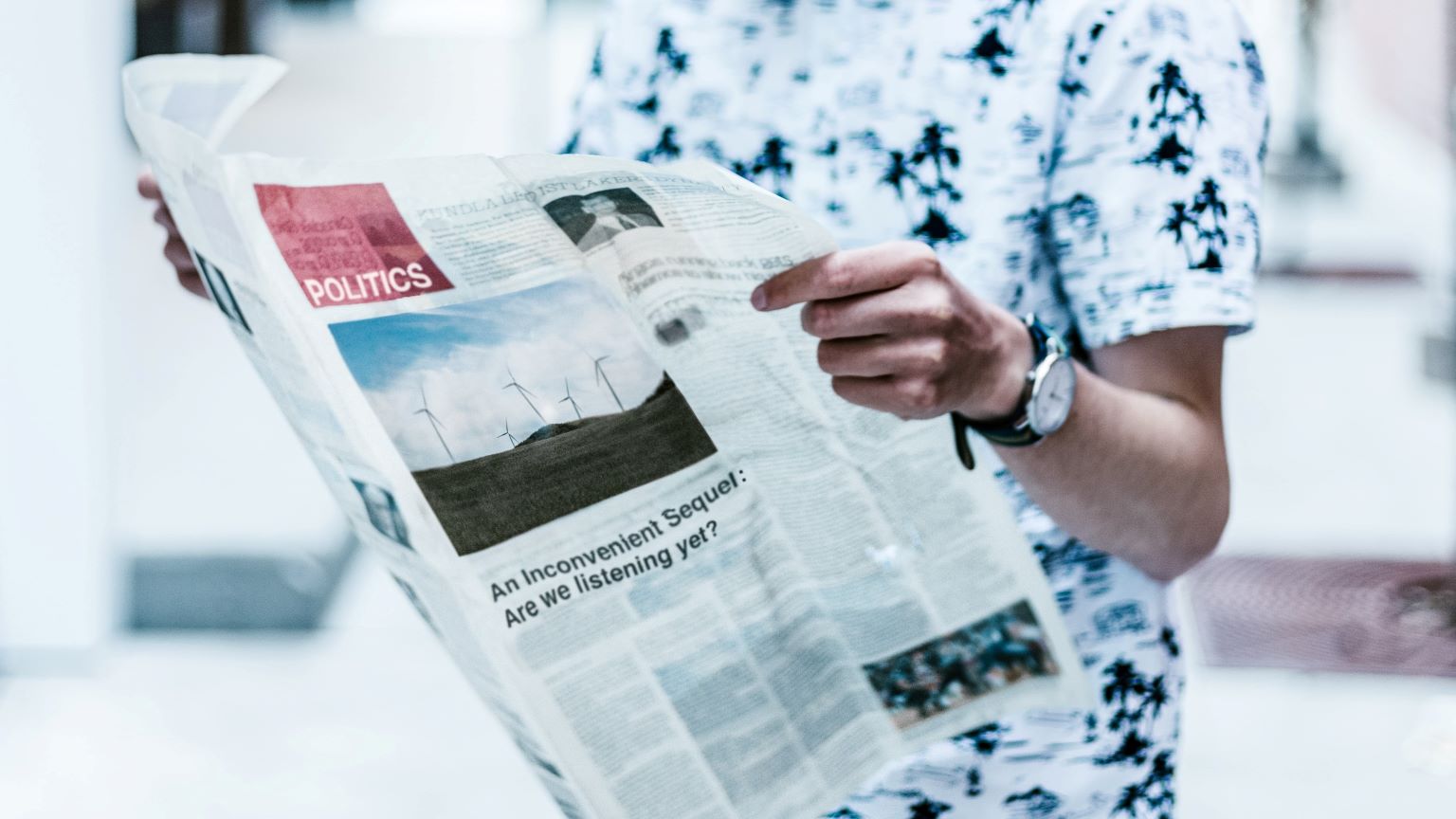If you have this condition, you’re more likely to believe “pseudo-profound bullsh*t”

Pixabay
- Scientists discover that people who have high apophenia are more likely to believe “pseudo-profound bullshit”.
- Apophenia is a tendency to see patterns and connections that aren’t really there.
- The condition could be a precursor to more serious mental illness.
If you’ve been feeling snarky about the motivational posts some of your friends keep posting on social media, there’s a new study for you. It turns out, as researchers from the University of Melbourne in Australia discovered, there is a condition that makes people more susceptible to so-called “pseudo-profound bullshit statements”(PPBS).
The name of this affliction is “apophenia,” which means having a tendency to find patterns or connections where none are present. The scientists concluded that people with high apophenia couldn’t differentiate well between statements that were actually profound and those that were pseudo-profound.
The study’s co-author Timothy Bainbridge of the University of Melbourne was drawn to PPBS expressions for “the strangely alluring sense that they should mean something, while not meaning anything,” as he related in an interview.
The researchers carried out two studies that involved 297 college students, who had to read and rate various statements – some of them genuinely profound, some more everyday, and others high in pseudo-profundity. If you’re wondering, examples of such included gems like “Hidden meaning transforms unparalleled abstract beauty” and “Wholeness quiets infinite phenomena.”
An instance of a truly profound sentence from the study was “The creative adult is the child who survived.” Certainly, one could argue there is some subjectivity in judging what is truly meaningful.
The participants whose measures of apophenia were higher were also the ones more likely to rate PPBS statements as more profound. Conversely, those who had higher intelligence scores, generally found pseudo-profound BS less appealing and were able to pick out the truer ideas.
“I think the take-home from this paper is that people who find PPBS profound do so more because of an inability to discriminate the profound from the pseudo-profound rather than because of a general propensity to find all statements profound,” Bainbridge told PsyPost.
The German psychiatrist Klaus Conrad coined the term “apophenia” in 1958, which he defined as “unmotivated seeing of connections [accompanied by] a specific feeling of abnormal meaningfulness.” He saw it as an early stage of delusional thought leading to schizophrenia.
You can read the new study “Openness/Intellect and Susceptibility to Pseudo‐Profound Bullshit: A Replication and Extension” in the European Journal of Personality.
Besides Bainbridge, the study was also authored by Joshua A. Quinlan, Raymond A. Mar, and Luke D. Smillie.
Check out also this great lecture from another team working on understanding people’s propensity to believe bullshit —





